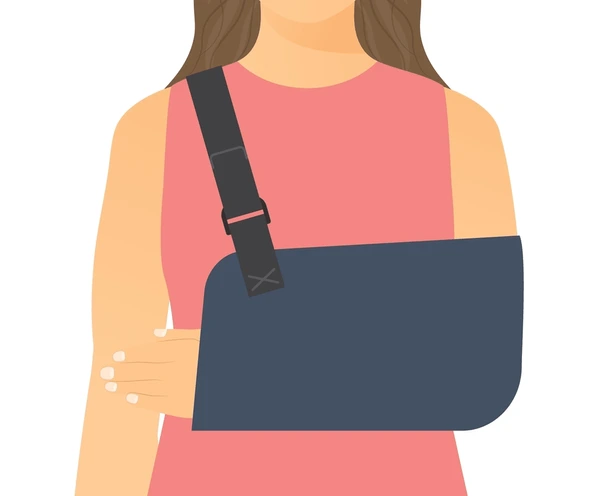
How Does Nutrition Impact My Rotator Cuff Repair?
Nutrition plays a vital role in the healing process, especially after a surgical procedure like rotator cuff repair. The foods you consume provide the building blocks needed for recovery, helping to reduce inflammation, support tissue repair, and enhance overall well-being. Here’s a closer look at how specific nutrients—particularly vitamin C, vitamin D, and protein—impact your recovery from rotator cuff surgery.
1. Vitamin C: The Healing Powerhouse
Vitamin C is essential for the synthesis of collagen, a critical protein required for the repair and regeneration of tissues in the body. After rotator cuff surgery, your body will need ample collagen to heal tendons and muscles effectively. Furthermore, vitamin C acts as a powerful antioxidant, helping to combat oxidative stress that can occur after surgery. This can reduce the risk of complications and promote a smoother healing process.
Good sources of vitamin C include:
- Citrus fruits (oranges, lemons, grapefruits)
- Berries (strawberries, blueberries)
- Kiwi
- Bell peppers
- Leafy greens (spinach, kale)
Incorporating these foods into your diet can provide the vitamin C necessary for optimal healing.
2. Vitamin D: The Bone Supporter
Vitamin D plays a crucial role in bone health, which is particularly important for shoulder stability and recovery post-surgery. This vitamin helps your body absorb calcium, an essential mineral for bone formation and repair. A deficiency in vitamin D can lead to impaired healing and an increased risk of complications, so ensuring you have adequate levels is vital after rotator cuff repair.
You can enhance your vitamin D levels through:
- Sunlight exposure (spending time outdoors)
- Fatty fish (salmon, mackerel)
- Fortified foods (milk, orange juice)
- Egg yolks
If needed, consult your healthcare provider about vitamin D supplements, especially if you live in areas with limited sunlight.
3. Protein: The Building Block of Recovery
Protein is essential for muscle repair and growth, making it a critical component of recovery after rotator cuff surgery. Your body requires protein to rebuild the damaged tissue and support muscle regrowth around the shoulder joint. Insufficient protein intake can lead to slower healing and decreased strength, delaying your recovery progress.
Excellent sources of protein include:
- Lean meats (chicken, turkey, beef)
- Fish
- Eggs
- Dairy products (yogurt, cheese)
- Plant-based options (beans, lentils, quinoa, tofu)
Aim to include a source of protein in every meal to support your recovery adequately.
Conclusion
Nutrition is a fundamental aspect of your recovery after rotator cuff repair. By focusing on essential nutrients—such as vitamin C for collagen synthesis, vitamin D for bone health, and protein for muscle repair—you can enhance your healing process and improve outcomes. A well-rounded diet rich in these nutrients not only fosters recovery but also contributes to your overall health and wellness. Consult with a healthcare provider or nutritionist to develop a personalized meal plan that supports your recovery goals, and take proactive steps to nourish your body as you heal.
Similar posts



